Case C-613/23: Proportionality in Directors' VAT Liability in the Netherlands

The case C-613/23, presented before the Court of Justice of the European Union (CJEU), raises critical questions about the interplay between the Dutch national regulations and European Union (EU) law, specifically concerning the principle of proportionality. Central to this case is the joint and several liability of directors for VAT debts incurred by a company, and the question of whether national regulations imposing such liability align with the limits of EU law. This ruling not only provides vital guidance for interpreting Article 273 of Directive 2006/112/EC but also has significant implications for fiscal practices and the personal responsibilities of directors.
Background of the Case
The case originated in the Netherlands, where KL, a former director of a company, was held liable for VAT debts unpaid by the company. The relevant provisions of the Dutch Invorderingswet 1990 (Law of 1990 on the Collection of Tax) establish that directors can be held jointly and severally liable if a company fails to fulfill its obligation to timely notify the tax authorities of its inability to pay tax debts. This notification obligation is crucial as it allows the tax authorities to take timely measures to protect revenue. If the notification obligation is not met, it is presumed that the director has engaged in manifestly improper management, unless they can provide evidence to the contrary. In this specific instance, KL argued that he had acted with the diligence of a prudent entrepreneur and that the failure to meet the notification obligation was not attributable to him.
Preliminary Questions and EU Law
The Hoge Raad der Nederlanden (Supreme Court of the Netherlands) referred two preliminary questions to the CJEU, both concerning the compatibility of the Dutch regulation with the principle of proportionality enshrined in Article 273 of the VAT Directive. Article 273 grants Member States the authority to impose additional obligations on taxpayers and other parties to ensure the proper collection of VAT and to prevent fraud. However, EU law requires that such measures do not exceed what is necessary and that they comply with general principles such as proportionality and legal certainty.
The First Question
The first question addressed whether the Dutch regulation, which makes it exceptionally difficult for a director to escape liability if the company fails to fulfill its notification obligation, complies with the principle of proportionality. Specifically, the Dutch system creates a presumption of improper management if no notification is made, shifting the burden of proof to the director. The Court was tasked with determining whether this presumption and the heavy evidentiary burden imposed on directors went beyond what is necessary to protect the tax authorities' interests.
In its analysis, the Court recognized that Member States have significant discretion under Article 273 to implement measures that safeguard VAT collection. However, it reiterated that such measures must not impose an undue burden. A system that makes liability effectively unavoidable for directors, regardless of their good faith or diligence, would constitute a breach of the principle of proportionality. The Court emphasized that directors must have a realistic opportunity to present all relevant circumstances and prove that they acted with due care. This includes reliance on expert advice, unforeseeable circumstances, or other valid reasons explaining the company's failure to comply with its notification obligations.
The Second Question
The second question concerned whether a director who has acted in good faith and demonstrated reasonable diligence could still be held liable for specific VAT debts, even if the company failed to notify the authorities. This question focused on the fairness of holding a director personally accountable when their behavior did not contribute to the non-payment of taxes.
The Court examined the broader principles of fairness and proportionality in the context of liability. It ruled that directors who have acted with the diligence of a prudent entrepreneur and in good faith must not be unduly penalized. Liability must be restricted to circumstances where a clear causal link exists between the director's actions (or inactions) and the company's inability to fulfill its tax obligations. Additionally, the Court emphasized that the regulation's design must allow liability to be limited to specific periods in which improper conduct occurred. This nuance ensures that directors are not unfairly burdened for actions or omissions outside their control or responsibility.
Analysis by the Court
The Court noted that national regulations imposing joint and several liability generally fall within the discretion of Member States, provided they comply with the limitations of Article 273 and the general principles of EU law. The principle of proportionality is central to this analysis. This principle requires that measures be suitable for achieving the intended objective — in this case, ensuring the collection of taxes — and that they do not go beyond what is necessary. The Court emphasized that a system of unconditional liability would be disproportionate where the person concerned has no influence over the actions of the taxable entity. In the case at hand, however, KL was a director of the company and therefore involved in its decision-making processes, meaning he could not be considered entirely detached from the company’s actions.
Key Findings and Practical Implications
The Court ruled that the Dutch regulation is consistent with EU law, provided directors have the opportunity to present all relevant circumstances to rebut their liability. This means that directors should not be limited to invoking force majeure but should also be allowed to rely on other factors, such as acting in good faith or seeking expert advice. Furthermore, the Court noted that the notification obligation itself does not impose a disproportionate burden on directors, as compliance with this obligation involves relatively simple administrative actions.
This ruling has significant implications for fiscal practice. It confirms that national measures to protect tax revenues must not disproportionately burden directors, especially in cases where they bear no direct responsibility or have demonstrably acted with care. At the same time, it underscores the importance of timely and accurate compliance with notification obligations. For directors, this entails a proactive approach to identifying and reporting financial difficulties, while tax advisors play a crucial role in supporting directors in meeting these obligations.
Moreover, the Court highlighted that the regulation is proportionate because it allows directors to limit their liability to specific tax periods. This means that a director cannot be held liable for debts incurred in periods where they were not responsible or where the notification obligation was properly fulfilled. This nuance prevents directors from being unfairly overburdened and ensures a more balanced application of the law.
Conclusion
Case C-613/23 represents an important decision in tax law jurisprudence, offering a clear framework for assessing national liability regulations within the context of EU law. By addressing both questions, the CJEU clarified the boundaries of proportionality and fairness in holding directors accountable. The ruling underscores the necessity of balancing the protection of public revenues with the rights of individuals.
For practical purposes, this decision highlights the importance of heightened awareness among directors regarding their responsibilities, as well as the need for diligence in designing and implementing national tax regulations. By maintaining this balance, the ruling contributes to a fair and effective tax system within the European Union.
Featured Insights

Nigeria VAT Compliance: TaxPro Max Explained
🕝 March 3, 2026More News from Europe
Get real-time updates and developments from around the world, keeping you informed and prepared.
-e9lcpxl5nq.webp)




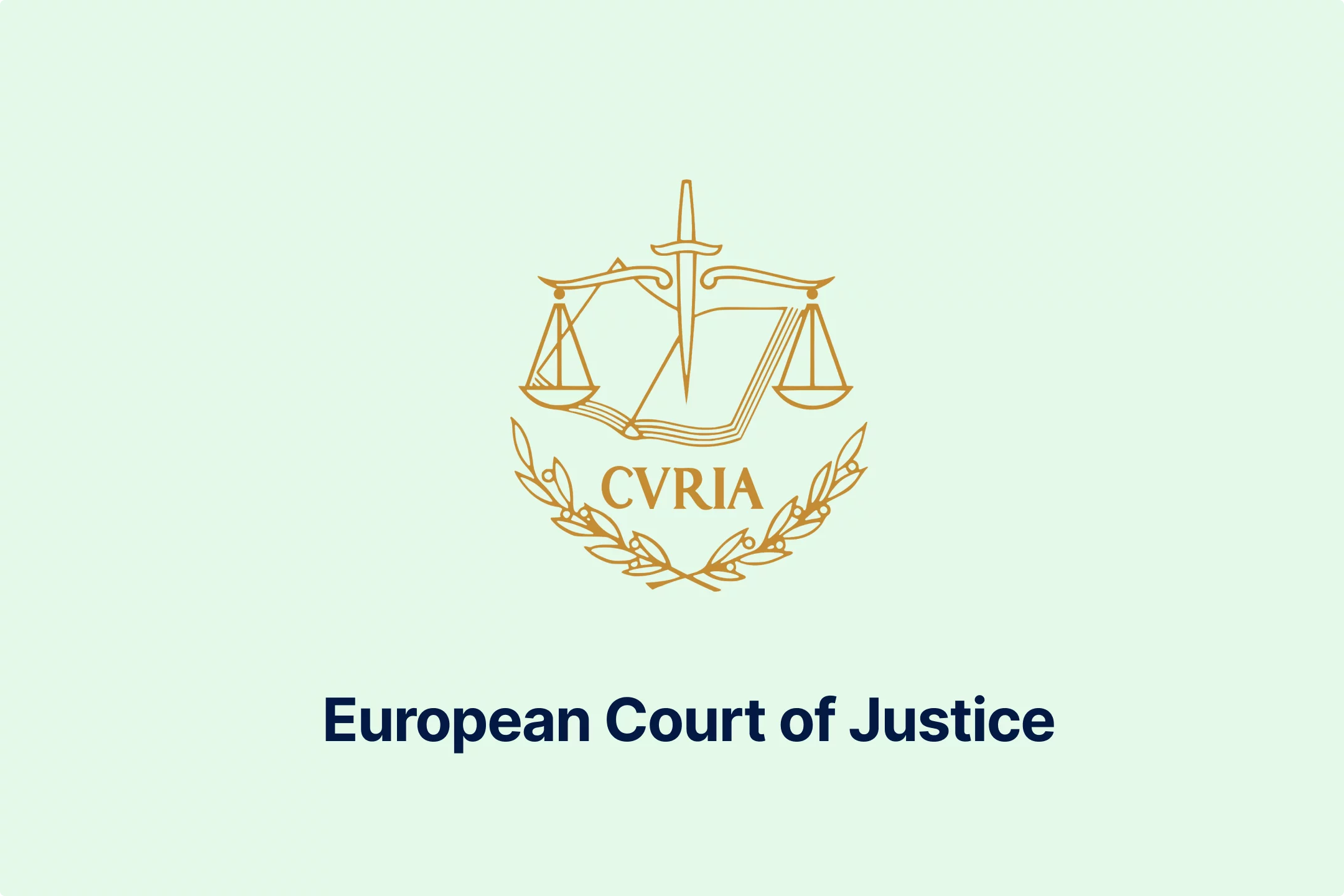
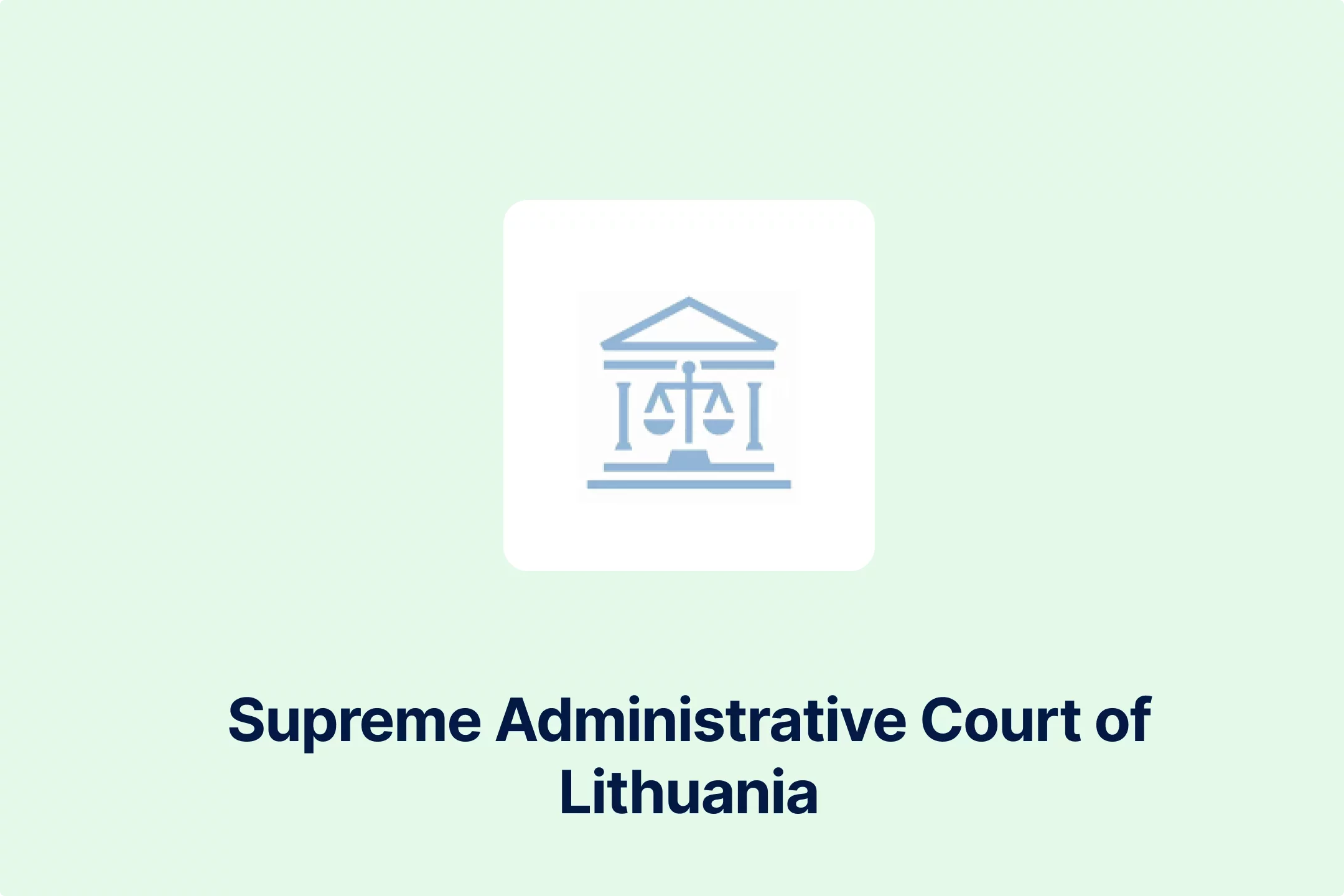
-zzrhegqsyq.webp)
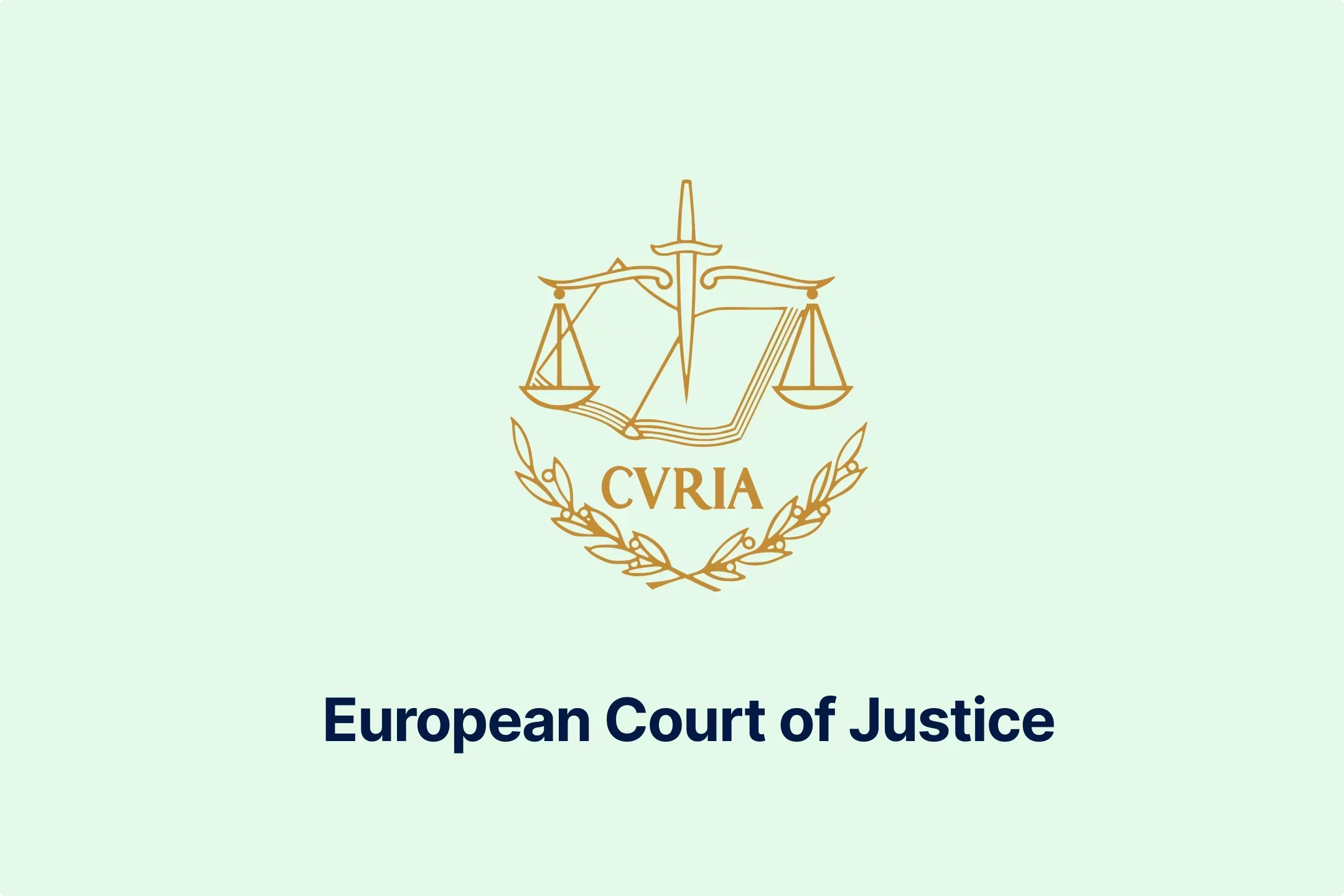
-ulcnia30z1.webp)
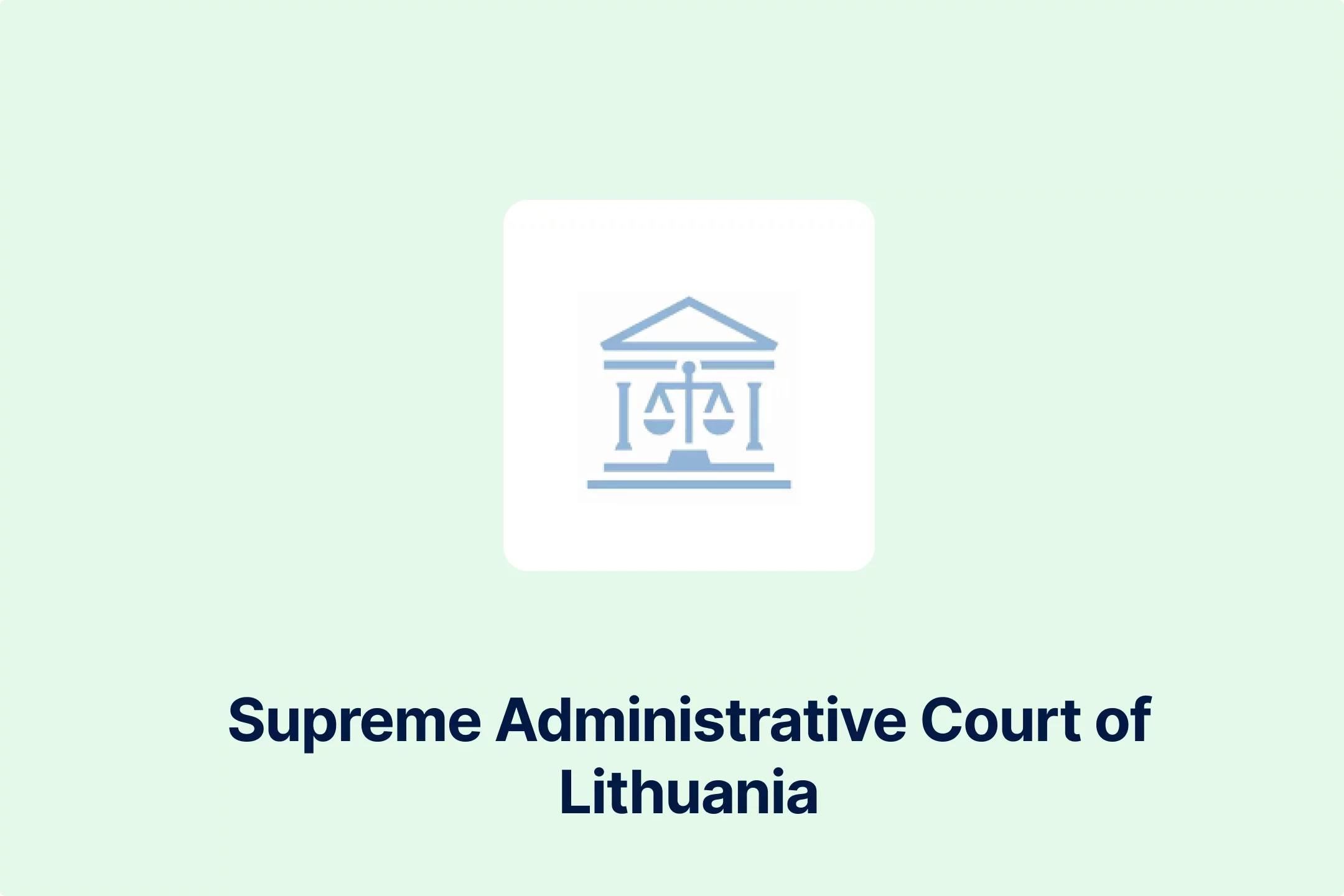
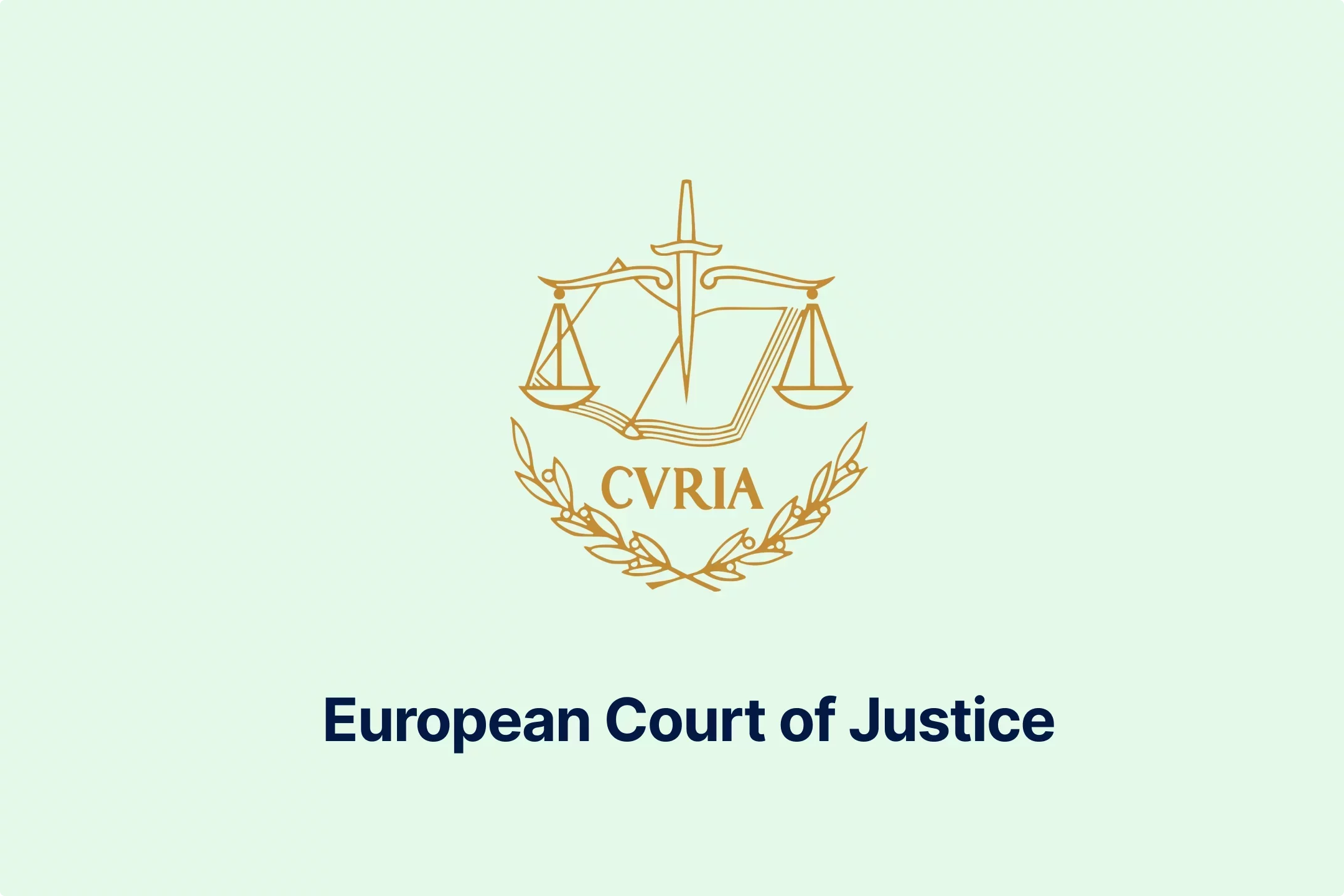

-3rcczziozt.webp)

-rvskhoqpms.webp)




-a5mkrjbira.webp)

-ivkzc1pwr4.webp)




-hssrwb5osg.webp)



-c06xa1wopr.webp)









-webajrr4ny.webp)
-evibmwdwcn.webp)
-7acdre0hop.webp)

-lcgcyghaer.webp)
-ol6mdkdowg.webp)
-aqdwtmzhkd.webp)

-njgdvdxe2u.webp)



-i6rki3jbad.webp)
-hdwgtama05.webp)

-atbhy5fyxv.webp)






-zp2n6zixoa.webp)
-oa1ynbm4sn.webp)


-lltkno6txy.webp)



-do38odrqnq.webp)

-t409oldqzt.webp)

-hordopb6xh.webp)

-ooimnrbete.webp)

-lwb5qpsily.webp)


-eumafizrhm.webp)

-mtqp3va9gb.webp)

-3ewrn1yvfa.webp)
-591j35flz2.webp)

-huj3cam1de.webp)


-hafis0ii23.webp)

-qseaw5zmcy.webp)



-qzsah2ifqx.webp)


-69rzooghib.webp)
-wrvng98m0g.webp)


-psucycuxh2.webp)
-klyo8bn5lc.webp)




-6wv5h5eyyd.webp)
-tfgg78rbid.webp)
-a6jpv9ny8v.webp)
-qhdbapy0qr.webp)


-owvu7zoc13.webp)


-h28jrh1ukm.webp)

-wl9bl1rw3a.webp)

-2w76jtvtuk.webp)

-c0uvrmrq9j.webp)



-pofe7ucwz3.webp)



-5cc23ezxyf.webp)
-rrmabbekeb.webp)








-iyyeiabtaf.webp)
-c8rbjkcs01.webp)
-nilkffjhah.webp)

-hikakq55ae.webp)

-z1d60bldtg.webp)
-d1a0q6n7mp.webp)
-viip8nvoeh.webp)
-bvv1otliox.webp)



-de8hdb1bn3.webp)
-7xsxxoypnx.webp)

-cm0opezg73.webp)
-0tovsdupmi.webp)
-subxdamdj6.webp)


-gly6ablwnh.webp)
-gkduqhwbzh.webp)
-qpe1ld9vcj.webp)
-8noukwsmba.webp)
-aka29tuhkt.webp)


-fisvs27yrp.webp)


-mp0jakanyb.webp)

-aivzsuryuq.webp)



-o7f4ogsy06.webp)

-zjja92wdje.webp)
-hrbhdts8ry.webp)
-qtdkwpgkug.webp)


-cf8ccgah0p.webp)
-0em3cif5s6.webp)






-ptzesl0kij.webp)

-tfzv42pyms.webp)







-uodv7sfbih.webp)
-bbrdfmm9qf.webp)



-m2tl8crfqr.webp)




-1awbqjgpjs.webp)
-avbjsn1k1g.webp)


-0h8ohkx6s0.webp)



-wfmqhtc7i6.webp)
-7wljbof2zo.webp)

-eqt97uyekl.webp)
-wzw9mcf563.webp)

-z4oxr6i0zd.webp)




-l0zcrrzvhb.webp)
-fhtic1pwml.webp)

-iipdguuz9p.webp)
-nkhhwrnggm.webp)
-pltqwerr3w.webp)

-nn6mtfbneq.webp)

-tmnklelfku.webp)



-8z1msbdibu.webp)
-7g16lgggrv.webp)



-lxcwgtzitc.webp)
-9mc55kqwtx.webp)


-xla7j3cxwz.webp)
-jrdryw2eil.webp)






-t9qr49xs2u.webp)


-qjopq5jplv.webp)



-vune1zdqex.webp)

-qsozqjwle2.webp)
-rgjta7iwiv.webp)

-zb6bxxws47.webp)
-lyfjzw4okp.webp)

-ogpfmol5m1.png)


-czisebympl.png)

-zetvivc79v.png)
-ud7ylvkade.png)
-qizq6w2v5z.png)







-ihr6b4mpo1.webp)
-k1j4au0ph6.webp)
-swxxcatugi.webp)


-ig9tutqopw.webp)

-tauoa6ziym.webp)

-spr0wydvvg.webp)

-xfuognajem.webp)





-u2nv5luoqc.webp)








-opuxpan2iu.webp)



-kwttsfd8ow.webp)
-8u14qi10nj.webp)

-wjpr96aq5g.webp)

.png)

.png)


.png)


.png)



.png)
.png)
.png)
.png)
.png)

.png)
.png)




.png)
.png)




































































































































